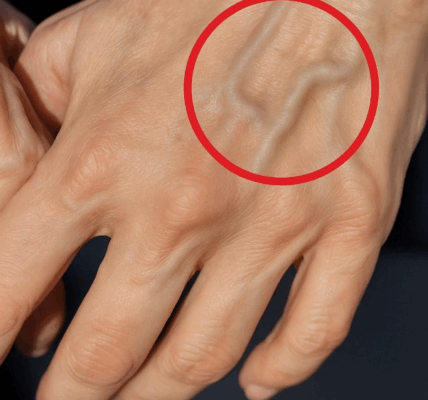Drivers have spotted a huge and ‘catastrophic’ problem on their car number plates which could threaten everything we know.

Car number plates have revealed a huge problem across the UK (Image: Getty)
Drivers have reported a ‘catastrophic’ problem they’ve spotted on their car number plates this year.
New analysis released by Bugs Matter for the Kent Wildlife Trust’s Buglife Survey released today (Wednesday, November 19) has analysed more than 25,662 number plates following car journeys in the UK and found a staggering and truly alarming 59% decline in the number of insects found on car number plates in just five years.

The survey looks at the number of splattered insects on car number plates after each journey, asking drivers taking part to count and catalogue the amount. The experiment is repeated each summer in various parts of the UK.
Kent Wildlife Trust said: “The Bugs Matter Citizen Science Survey uses an innovative method for the large-scale surveying of flying insect abundance across the UK. The survey runs every summer and involves citizen scientists recording the number of insect splats on their vehicle number plates following a journey.
READ MORE: Warning issued to anyone with bird feeder in garden in November
READ MORE: Robins will flourish in gardens if coffee is left on bird tables in November
“Counting insects not only gives an estimate of the abundance of insect life but is also a measure of the health of the environment, so when their numbers fall it is an indication that nature is in trouble.”
The survey results, released today for 2025, indicate the scale of the issue and unfortunately, the hot and sunny weather over the summer has not helped insects out in the UK.
It says: “The latest data show that the number of flying insects sampled on vehicle number plates across the UK has fallen by a staggering 59% in just five years.
“As COP30, the 30th UN climate conference, draws to a close in Brazil this week, world leaders have been discussing priority actions to tackle climate change, one of the key drivers of insect decline. Insects are critical to ecosystem functioning and services. They pollinate crops, provide natural pest control, decompose waste and recycle nutrients, and underpin food chains that support birds, mammals and other wildlife. Without insects, the planet’s ecological systems would collapse.”
Andrew Whitehouse of Buglife said: “You might expect that the sunny spring and hot summer in 2025 would give insect numbers a boost, however the Bugs Matter data suggests otherwise.
“Despite apparently favourable conditions for insects to thrive we have recorded a fifth year of significant decline. Insects might be small, but they are incredibly important to maintaining healthy environments, and delivering the services that we and other animals rely upon – from healthy soils and clean rivers to pollinating crops.
“Losing 59% of our insect life is potentially catastrophic. Urgent action is needed to restore nature at scale and reduce threats like pesticide use, habitat loss, and climate change.”
The new data shows decreases in insect splats across all regions of the UK, with the sharpest falls between 2021 and 2025 recorded in England at 60% and Scotland at 59%, while a 56% decrease was shown in Northern Ireland and a 55% decrease was seen in Wales. In 2025 the survey ran in the Republic of Ireland for the first time so there is no trend data, but the splat rates are comparable with other areas surveyed and provide a baseline for subsequent survey years in the Republic of Ireland.

Insect numbers have declined by 63% in four years (Image: Getty)























